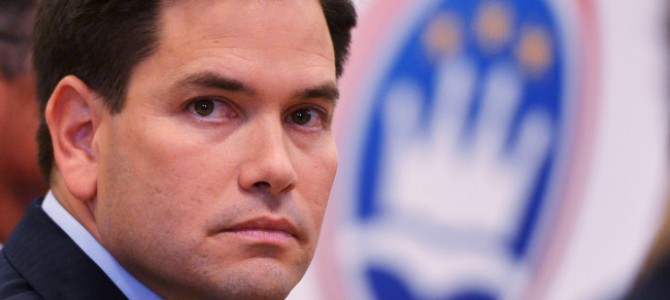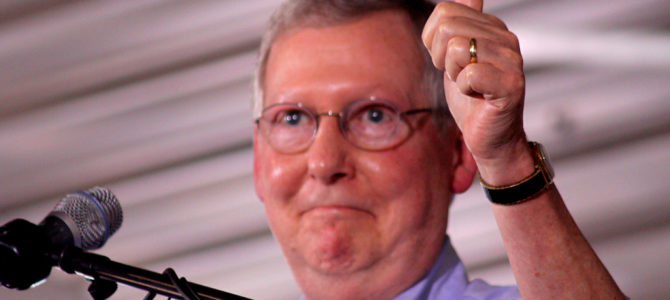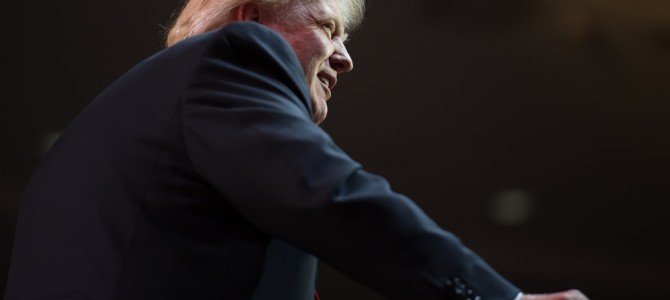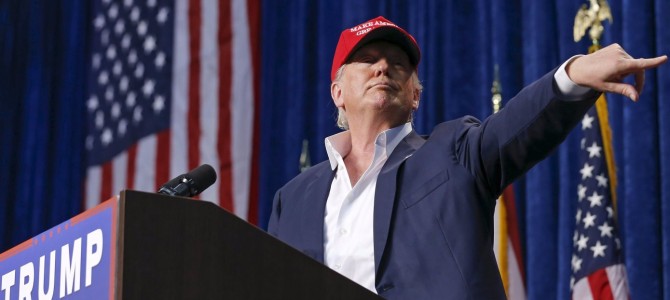It started with Marco Rubio, but the “would you attend a gay wedding” question is one that is rapidly being applied to the entirety of the potential 2016 field. Thus far, Rubio has said yes, Ted Cruz has demurred, and Rick Santorum stands alone as a “no”. John Kasich says yes, he’d attend a loved one’s gay wedding (and also that he’s waiting for a signal from God on whether or not to run). And Scott Walker one-ups them all by saying: I already did.
This has all the hallmarks of being a gotcha question that really isn’t, along the lines of last cycle’s “should states have the right to ban contraception?” questions from George Stephanopoulos. It’s not about whether you believe in federalism. It’s not about the philosophical interpretation of the roles of states or the rights of citizens. It’s a question designed to test your allegiances. It’s being asked this cycle by reporters because of the obvious tension within the Republican coalition between the social conservative base and the need to appeal to general election voters who are increasingly fine with gay marriage. As such, just like the 2012 contraception question, it’s not about a pressing policy issue. It’s about trying to find a subject where the natural voter’s response is “what? Don’t be ridiculous”, but Republican candidates’ responses will be a fifteen minute discourse on the finer points of Griswold v. Connecticut.
“Would you attend a gay wedding” is a matter of personal conscience. But that’s why it’s such an obvious opportunity for turning the question back on the actual policy battle at issue, a bit of ju jitsu I haven’t seen from any of the respondents yet. The whole point is that it’s your decision whether to attend or not. Conservatives and (most) libertarians believe people ought to be able to decide whether to freely associate with others themselves, not be dragooned by the force of government into mandatory associations as the secular left maintains. The entire point of religious freedom laws in Indiana and elsewhere is that we want to give people who say “I cannot in good conscience participate in this ceremony” the right to defend themselves in court based on their deeply held beliefs. That used to be a bipartisan principle, and now it’s effectively a monopartisan one – but it’s the right principle. A Republican Party unwilling to defend it has been reduced from a party founded on the idea that no man should work and toil and earn bread where another eats it… to one only ready to smash their clay fire pots and raise a sword in the air for the cause of the Keystone Pipeline and the Medical Device Tax.
Hugh Hewitt has probably done us all a favor by teeing it up on a radio show that will feature appearances by every 2016er early on, as opposed to leaving it until the debates. The downside is that just means that the question will have to be updated by the time everyone’s answering questions on stage. I’d suggest something like “Would you send your kids to a school that teaches the Bible says being gay is a sin?”, or “How many Sam Smith albums do you own?”, or “Would you order a pizza from someone who wouldn’t cater a gay wedding?”. Only once the voters know your stance on bigot pizza can they be fully informed as to which side of Culture War 4.0 you are on.
This is a test. It is an early test. It should be easy for Republicans to pass it.









